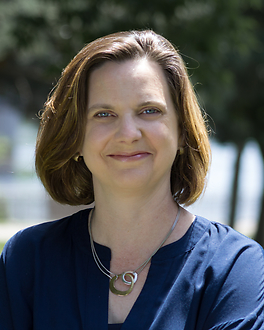Rostock Demographic Seminar Series
Overload and Workplace Flexibility – Organizational Changes & Challenges
Erin L. Kelly
Online Presentation, May 10, 2022
As part of the Rostock Demographic Seminar Series, Erin L. Kelly from the Massachusetts Institute of Technology gave a talk about overload and workplace flexibility.
Abstract
Professional, managerial, and technical employees often face expectations that they will put in long hours (in the office and/or via remote technologies) and that they will prioritize work over family and personal responsibilities and these gendered ideal worker norms contribute to gender inequality. While workplace flexibility sounds like a promising response, before the COVID-19 pandemic, work organizations in the U.S. often granted flexibility to an individual employee after a request and negotiation with a supervisor. This form of flexibility may reinforce gender inequality, creating a stigmatized “accommodation” for select workers. Professor Kelly will share insights from her recent book Overload: How Good Jobs Went Bad and What We Can Do About It (co-authored with Phyllis Moen, Princeton University Press). As part of the Work, Family, and Health Network, Kelly and colleagues used a multi-method field experiment in a US Fortune 500 firm to evaluate a different approach to redesigning work practices to increase employees’ control over when, where, and how work is done and support for their personal lives. Kelly will also discuss the implications of this work redesign model for remote and “hybrid” work in the pandemic era.
About the Speaker

© Erin Kelly
Erin L. Kelly is the Sloan Distinguished Professor of Work and Organization Studies at the MIT Sloan School of Management and Co-Director of the MIT Institute for Work and Employment Research. She is visiting the WZB in 2022 on sabbatical. Erin studies changes in workplace policies and management practices that may improve workers’ wellbeing and advance equity while supporting strong organizational performance. Her book Overload: How Goods Jobs Went Bad and What to Do About It (Princeton University Press, 2020, co-authored with Phyllis Moen) is based on a major experiment in a Fortune 500 firm and received the 2021 Max Weber Award from the ASA’s Organizations, Occupations, and Work section. She holds a Ph.D. in sociology from Princeton University and was previously on the sociology faculty at the University of Minnesota.